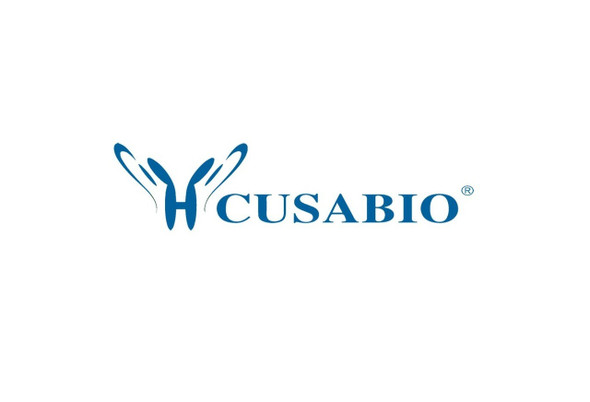Cusabio Polyclonal Antibodies
Phospho-EPOR (Tyr368) Antibody | CSB-PA598485
- SKU:
- CSB-PA598485
- Availability:
- 3 to 7 Working Days
- Size:
- 100ul
Description
Phospho-EPOR (Tyr368) Antibody | CSB-PA598485 | Cusabio
Phospho-EPOR (Tyr368) Antibody is Available at Gentaur Genprice with the fastest delivery.
Online Order Payment is possible or send quotation to info@gentaur.com.
Product Type: Polyclonal Antibody
Target Names: EPOR
Aliases: EPO R; EPO-R; epor;
Background:
Receptor for erythropoietin. Mediates erythropoietin-induced erythroblast proliferation and differentiation. Upon EPO stimulation, EPOR dimerizes triggering the JAK2/STAT5 signaling cascade. In some cell types, can also activate STAT1 and STAT3. May also activate the LYN tyrosine kinase. Isoform EPOR-T acts as a dominant-negative receptor of EPOR-mediated signaling.
Funakoshi-Tago M, et al. (2010) J Biol Chem 285, 5296-307
Sulahian R, Cleaver O, Huang LJ (2009) Blood 113, 5287-97
Zhang YL, et al. (2009) Mol Cell 33, 266-74
Isotype: IgG
Conjugate: Non-conjugated
Clonality: Polyclonal
Uniport ID: P19235
Host Species: Rabbit
Species Reactivity: Human, Mouse, Rat
Immunogen: Peptide sequence around phosphorylation site of Tyrosine 368 (D-T-Y (p) -L-V) derived from Human Epo-R.
Immunogen Species: Human
Applications: ELISA, WB
Tested Applications: ELISA, WB;WB:1:500-1:1000
Purification Method: Antibodies were produced by immunizing rabbits with synthetic phosphopeptide and KLH conjugates. Antibodies were purified by affinity-chromatography using epitope-specific phosphopeptide. Non-phospho specific antibodies were removed by chromatogramphy using non-phosphopeptide.
Dilution Ratio1: ELISA:1:2000-1:10000
Dilution Ratio2: WB:1:500-1:1000
Dilution Ratio3:
Dilution Ratio4:
Dilution Ratio5:
Dilution Ratio6:
Buffer: Rabbit IgG in phosphate buffered saline (without Mg2+ and Ca2+), pH 7.4, 150mM NaCl, 0.02% sodium azide and 50% glycerol.
Form: liquid
Storage: Upon receipt, store at -20°C or -80°C. Avoid repeated freeze.
Initial Research Areas: Immunology
Research Areas: Cardiovascular;Immunology;Signal transduction;Stem cells






